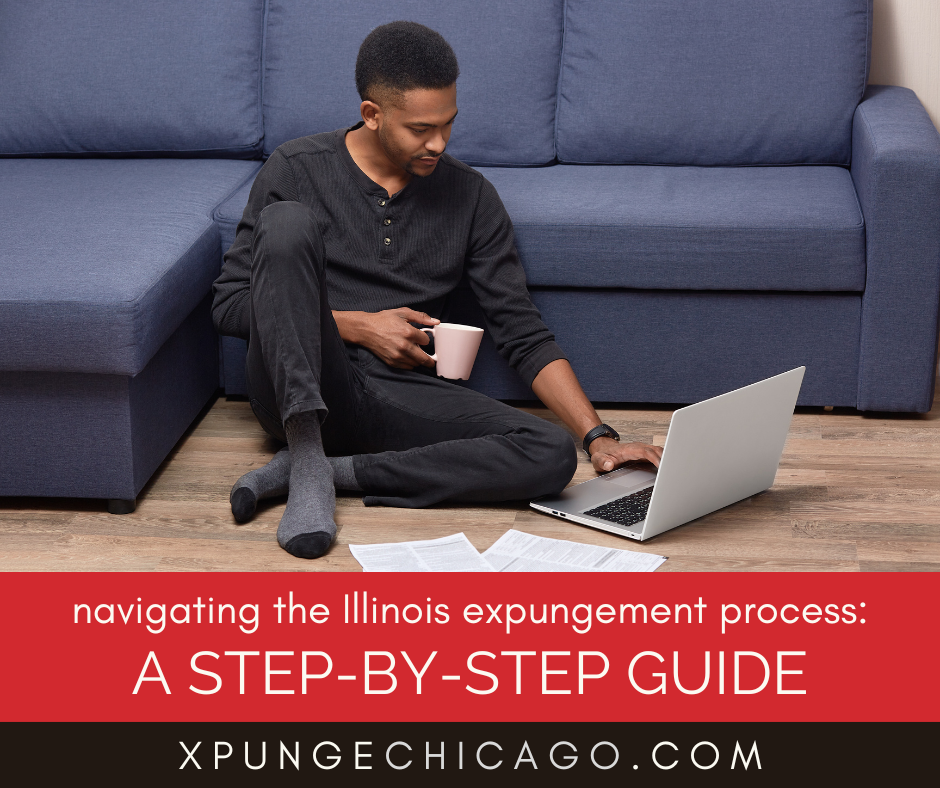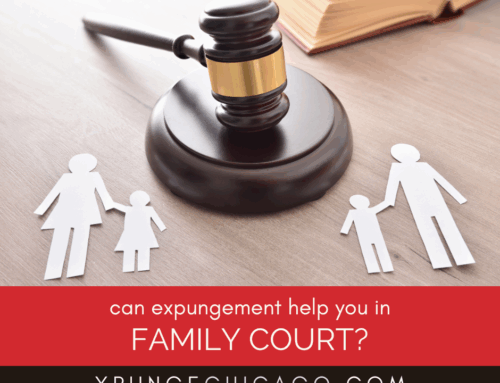
Having a criminal record can have long-lasting consequences, from limiting job opportunities to affecting housing and educational opportunities. Fortunately, Illinois law allows for certain criminal records to be expunged, giving people a second chance. Navigating the Illinois expungement process can be complicated, which is why it’s crucial to have an experienced attorney guide you through the process. In this guide, we’ll provide a step-by-step overview of the Illinois expungement process and explain why it’s essential to work with an attorney.
Navigating the Illinois Expungement Process: A Step-by-Step Guide
This guide explains the following:
- Eligibility for expungement
- Filing a petition for expungement
- The expungement hearing
- Follow-up after the expungement order
Here’s a closer look at each.
Related: What’s expungement, and how does it work in Illinois?
Eligibility for Expungement
Not all criminal records are eligible for expungement in Illinois. To determine if you’re eligible, you should consult with an attorney. Generally, you may be eligible for expungement if:
- You were arrested but not convicted
- You were convicted of a non-violent misdemeanor or felony
- You were sentenced to court supervision
- Your case was dismissed or acquitted
Filing a Petition for Expungement
After determining your eligibility for expungement, you’ll need to file a petition with the court. This is a legal document that requests the court to expunge your criminal record. Your attorney will help you prepare the petition and ensure that you provide all required information, including:
- Your personal information, such as your name and address
- Information about your arrest or conviction, including the date and location
- The charges you were arrested or convicted of
- Any other relevant information, such as court documents or evidence that supports your case
The Expungement Hearing
After filing the petition, you will need to attend an expungement hearing. This is where the judge will review your case and determine whether to grant or deny your petition. It’s important to have an attorney with you at the hearing to present your case and address any questions or concerns the judge may have.
Related: Why it’s a smart move to expunge your criminal record
Follow-Up After the Expungement Order
After the judge grants your expungement petition, there are still several steps you must take to ensure that your criminal record is cleared. This includes:
- Providing a copy of the expungement order to all relevant parties, such as law enforcement agencies or employers
- Ensuring that your criminal record is removed from all public databases
- Monitoring your credit report to ensure that your criminal record is not negatively impacting your credit score
Why It’s Important to Work with an Attorney
While it’s possible to file a petition for expungement on your own, it’s highly recommended that you work with an experienced attorney. An attorney can help you:
- Determine if you’re eligible for expungement
- Ensure that you provide all required information on your petition
- Prepare you for the expungement hearing and present your case to the judge
The Illinois expungement process can be complicated, but with the help of an experienced attorney, it’s possible to clear your criminal record and start fresh. By following the steps outlined in this guide and working with an attorney, you can take the necessary steps to move forward with your life.
Do You Need to Talk to an Attorney About Expungement or Sealing?
If you’re tired of your criminal past coming back to bite you, we may be able to help. Call us right now at 847-920-4540 or fill out the form below so we can talk about your case.
Oops! We could not locate your form.















